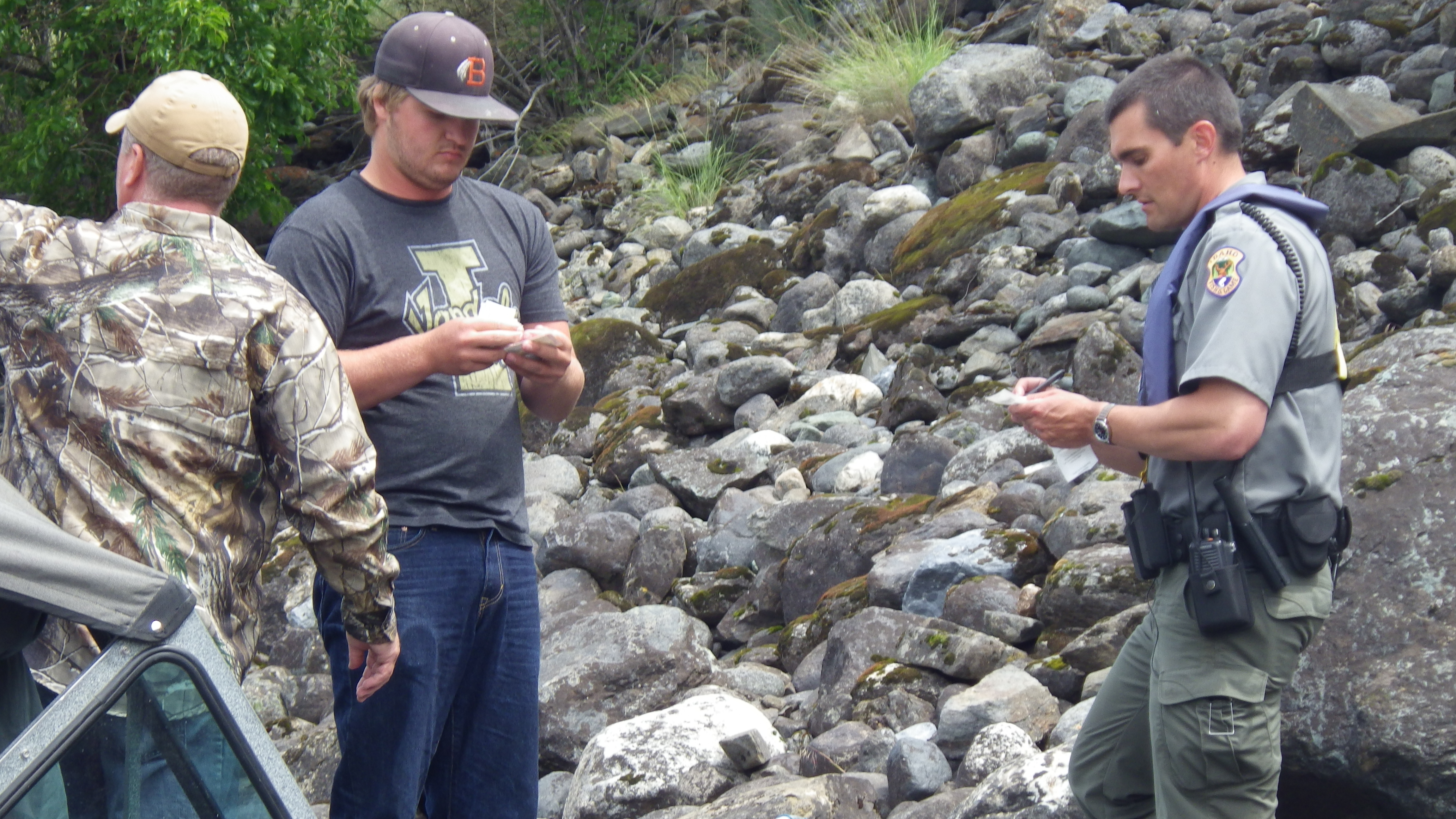Help Fish and Game detect license fraud

IDAHO FALLS, Idaho (KIFI) - A recent survey asked Idaho sportsmen and women what they viewed as the most severe and egregious wildlife violations - from fishing without a license, to spotlighting, to killing wildlife outside of legal seasons and more.
One of the top responses may come as a bit of a surprise to some: license fraud. It’s no secret that prices for licenses, tags and permits are substantially cheaper and more readily available for residents of Idaho than for nonresidents. This is intentional - providing a benefit for the residents of Idaho to enjoy the wildlife resources of Idaho.
The benefits to residents are substantial. For example, the price difference between a resident sportsman’s package and the non-resident equivalent in licenses, tags and permits is close to $2,000. Plus, big game tag availability is considerably higher for residents than nonresidents.
These lower-cost and higher-availability residency benefits are very appealing, for obvious reasons. Sometimes the benefits are so appealing that some individuals cheat the system by falsifying residency status to get resident pricing and availability on licenses and tags. Those who fraudulently purchase licenses and tags are abusing resident privileges and committing a type of wildlife crime known as license fraud.
Each year, conservation officers throughout the state investigate license fraud and hold violators accountable; however, license fraud cases can be very difficult to detect.
Citizens can play an important role in helping us buckle down on this crime! Remembering these three simple steps can help ensure that Idaho’s wildlife resources are enjoyed fairly and equitably by all.

Know Idaho’s residency requirements
Residency requirements to purchase resident hunting, fishing and trapping licenses in Idaho are strict, and they’re strict for a reason.
Those wishing to purchase a resident license must be a permanent resident in Idaho for at least six months prior to making a resident purchase of any kind. They must also have and present a current Idaho driver’s license, or for non-drivers, be able to show six months of permanent residency.
Furthermore, they must not claim any resident privileges in another state - including privileges like claiming a homeowner’s exemption, filing income taxes, voting or buying resident licenses.
Be on the lookout for license fraud
License fraud cases can be difficult for conservation officers to detect, and those cheating the system may slide under the radar - possibly for years.
However, instances of license fraud are more common than some may think. Simply being aware of the problem and knowing Idaho’s residency requirements will hopefully allow you to recognize situations when someone is taking advantage of resident privileges when they shouldn’t.
Clues to look for include those that live out of state but use a friend or family member’s address in Idaho, folks that have moved out of state but continue to recreate in Idaho or people claiming to have “dual residency”.
As you interact with neighbors and folks in the field, pay attention to what you are hearing and make note of any potential red flags.

Report license fraud to CAP
Despite Idaho sportsmen and women indicating strong disdain for instances of license fraud and abuse of Idaho’s resident privileges, conservation officers receive comparatively few tips about license fraud crimes each year. We need your help!
If you know or suspect someone who’s cheating the system, it’s important that you do the right thing and report the crime to a conservation officer. Reports can be made anonymously and completely confidential.
License fraud is a serious wildlife crime that abuses and impacts Idaho’s residents and fish and wildlife populations. Please consider doing your part and reporting any and all wildlife crimes, including license fraud, by calling the Citizens Against Poaching (CAP) hotline. Reports of wildlife crimes can be made anonymously at 1-800-632-5999 or online.
The CAP hotline is staffed and available twenty-four hours a day, seven days a week.






